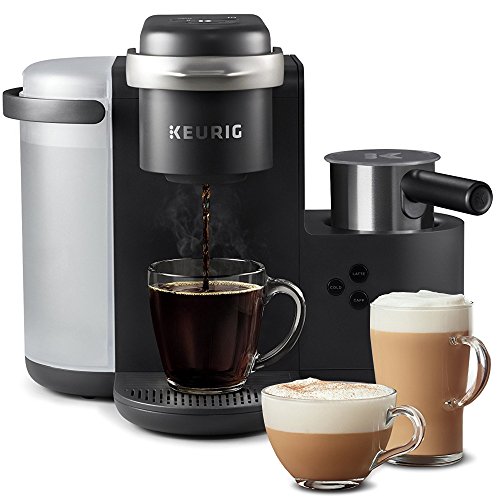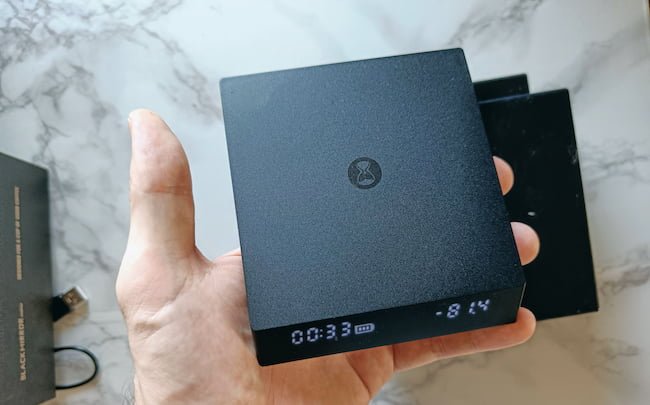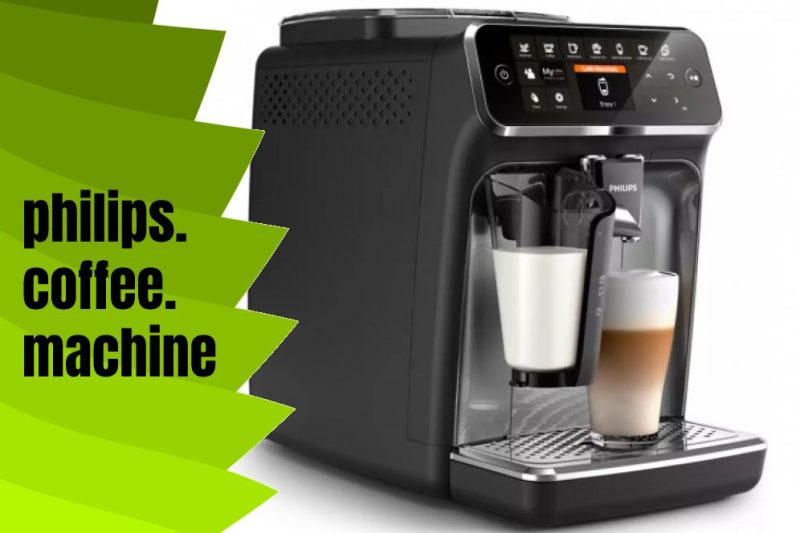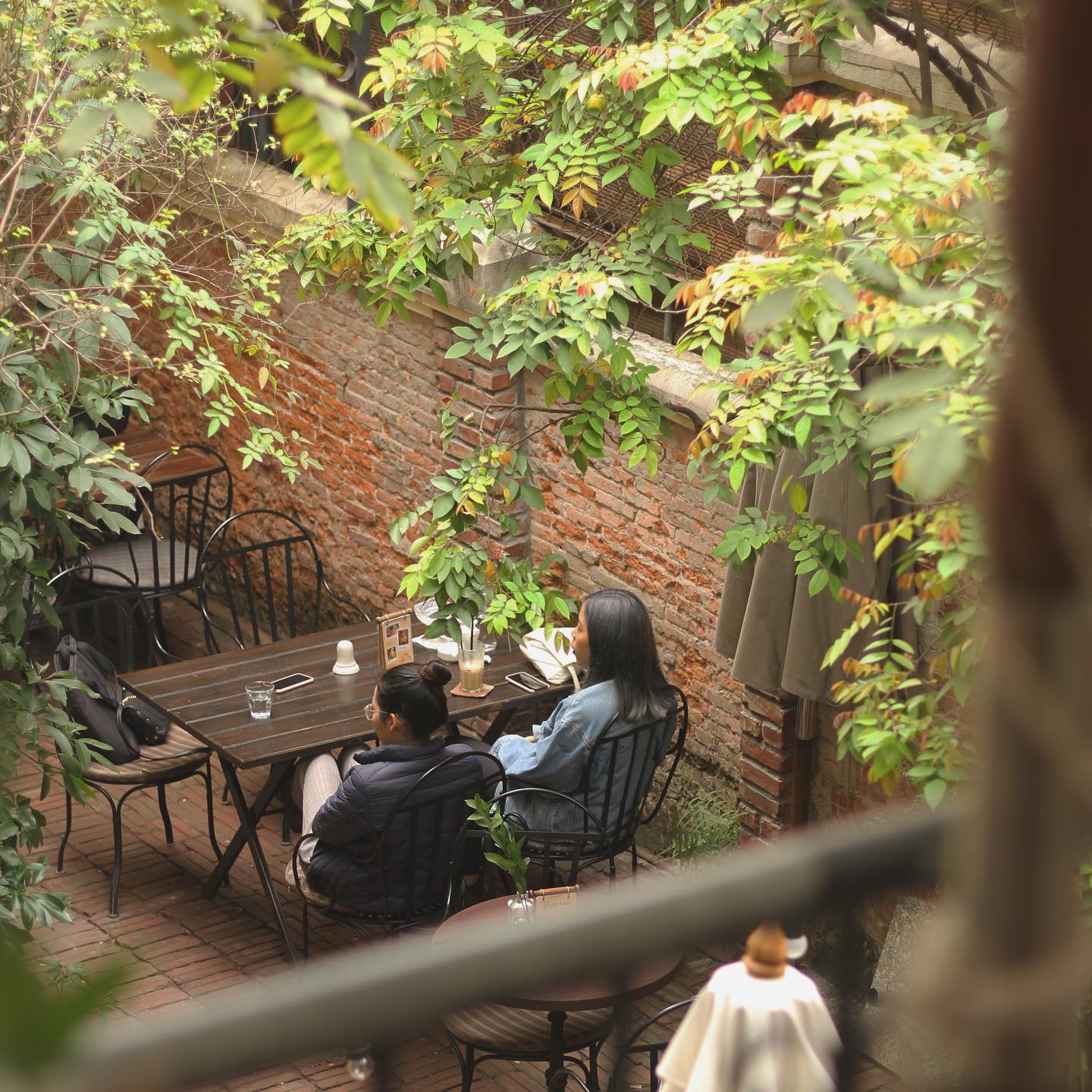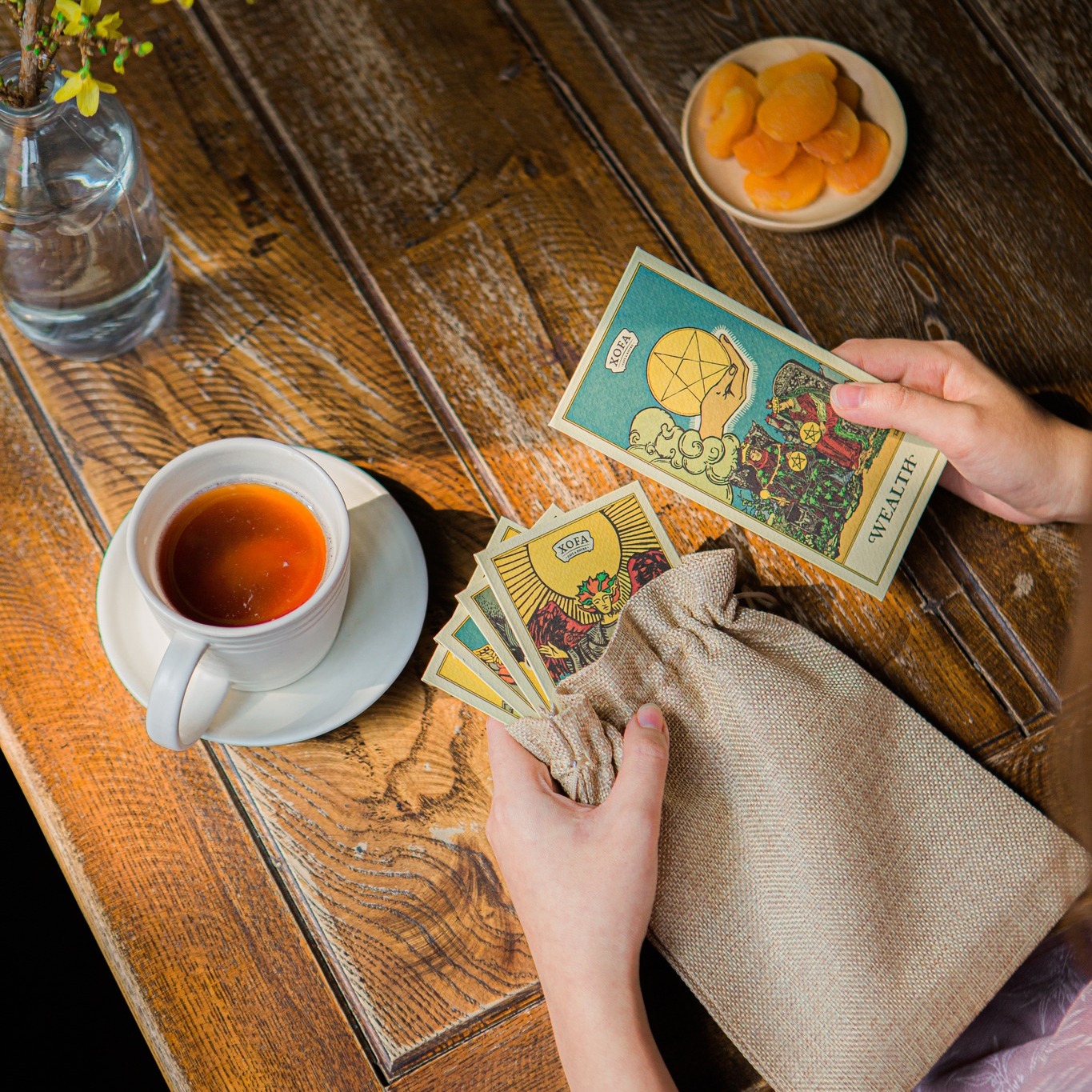Examining the Chemistry Behind Why Coffee Doesn’t Always Keep You Awake
We all know that feeling: it’s late at night and you need to stay awake to finish an important project. You make your way to the kitchen and brew a cup of coffee, hoping it will give you the boost you need to make it through the night. But why does it seem like, sometimes, coffee doesn’t quite do the trick?
Well, there’s actually a bit of chemistry behind it. Caffeine, the primary stimulant found in coffee, works by attaching to adenosine receptors in the brain. Adenosine is a neurotransmitter that, as it accumulates throughout the day, makes us feel sleepier. By attaching to these receptors, caffeine blocks adenosine’s ability to make us sleepy.
But that’s not the only thing that’s going on. As caffeine continues to attach to adenosine receptors, our bodies begin to build up a tolerance to it. This means that we need more and more caffeine to achieve the same effect. In addition, our bodies can become dependent on caffeine, meaning we rely on it to feel alert.
So, the next time you reach for a cup of coffee when you’re feeling tired, remember that it may not always give you the same boost you’re used to. It all depends on your tolerance level and how much caffeine you’ve had that day. If you’re looking for an extra boost, try getting some exercise or taking a nap instead. You might be surprised by how much more alert you feel!
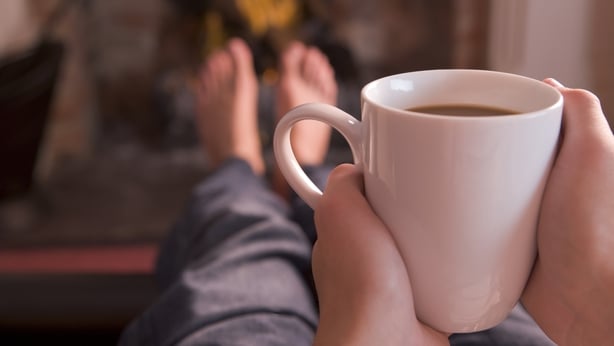
6 Foods and Drinks That Keep You Alert Better Than Coffee
If you’re looking for a way to keep your energy levels up without resorting to coffee, look no further! Here are 6 foods and drinks that will help you stay alert and get the job done without the jitters.
1. Green Tea: Green tea is packed with antioxidants and is known to give a more sustained boost of energy than coffee. It also contains caffeine, but in smaller amounts than coffee, so you won’t crash later in the day.
2. Water: Staying hydrated is key to staying alert and avoiding fatigue. Drinking enough water helps your body function efficiently and can help you stay focused.
3. Bananas: Bananas are a great source of natural sugar and contain magnesium, which helps convert sugar into energy. Eating a banana can give you a quick energy boost and help keep you going.
4. Nuts: Nuts are a healthy snack that can provide you with sustained energy throughout the day. They are rich in healthy fats, proteins, and fiber.
5. Dark Chocolate: Dark chocolate is high in antioxidants and contains caffeine, so it can help give you a mental boost.
6. Avocado: Avocados are packed with healthy fats and vitamins that can help give you energy and keep you alert. They are also high in fiber, which can help keep you feeling full for longer.
So next time you feel the mid-afternoon slump coming on, reach for one of these foods or drinks instead of coffee. Your body will thank you!
The Pros and Cons of Drinking Coffee to Stay Alert
Coffee has become a staple of the modern lifestyle, with many of us relying on its caffeine boost to keep us alert and energized throughout the day. But is it really a good idea to rely on coffee to stay alert? Let’s look at the pros and cons of drinking coffee for staying alert.
Pros
Coffee is a great way to get your day started. It can give you a much needed jolt of energy and alertness when you’re feeling sluggish. Caffeine, the active ingredient in coffee, has been shown to improve alertness, focus, and reaction time. Coffee can also help boost your mood and reduce fatigue.
Cons
Though coffee can be beneficial in the short term, drinking too much can be detrimental to your health in the long run. Too much caffeine can lead to jitters, anxiety, and insomnia. Drinking coffee late in the day can also disrupt your sleep schedule if you’re not careful. Additionally, coffee can cause dehydration and acid reflux if consumed in excess.
Overall, drinking coffee to stay alert can be a great way to get an extra boost of energy. However, it’s important to be mindful of your consumption and drink it in moderation. Remember to always drink plenty of water throughout the day, as this will help you stay hydrated and alert.
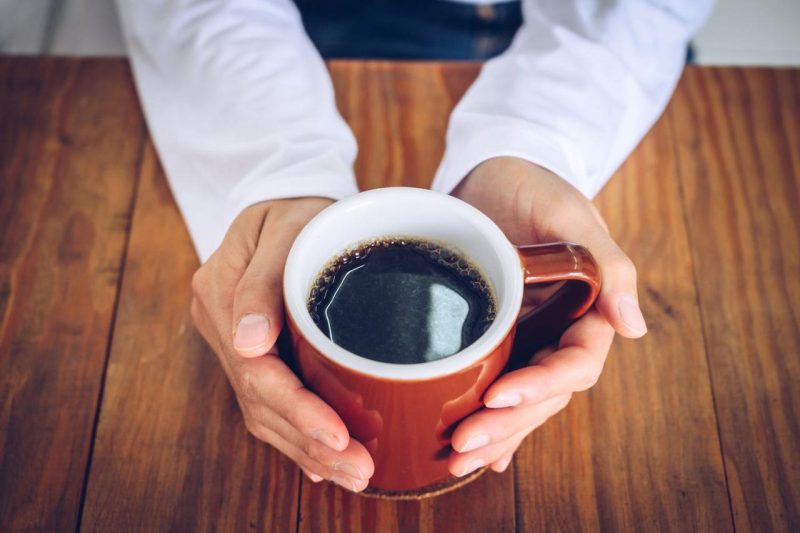
5 Reasons Why Coffee May Not Be Keeping You Awake
1. You’re drinking the wrong kind of coffee. If you’re drinking coffee that’s low in caffeine, you may not be getting the energy boost you need. Try switching to a darker roast, or an espresso blend.
2. You’re drinking too much coffee. Drinking too much coffee can lead to a caffeine overload, which can actually make you feel more tired. Stick to no more than two cups a day to keep your energy levels up.
3. You’re drinking coffee too late in the day. Caffeine can stay in your system for up to 8 hours, so if you’re drinking coffee later in the day, it could be keeping you awake at night. Try not to drink coffee after 2 pm.
4. You’re drinking it on an empty stomach. Drinking coffee on an empty stomach can cause a surge of energy followed by a crash. To get the most out of your cup of coffee, try pairing it with a light snack such as a banana or a yogurt.
5. You’re drinking the wrong kind of milk. If you’re adding milk to your coffee, make sure it’s the right kind. Whole milk can add extra calories to your coffee, while skim milk won’t provide the same energy boost. Try switching to almond milk or oat milk for an extra energy boost.

Understanding the Role of Caffeine Tolerance in Determining How Coffee Affects You
Ah, coffee. It’s one of the most popular beverages around the world and it can have a powerful effect on us. But did you know that your caffeine tolerance – or how sensitive you are to caffeine – can play a major role in how coffee affects you? Here’s what you need to know about caffeine tolerance and why it’s so important.
Caffeine tolerance is essentially how sensitive your body is to caffeine. Everyone’s tolerance is different, and it can depend on a variety of factors, including your age, diet, and genetics. Some people may be more sensitive to caffeine and will feel its effects more quickly, while others may be less sensitive and will need more caffeine to feel the effects.
It’s important to understand your own caffeine tolerance so you can adjust your coffee intake accordingly. If you’re particularly sensitive to caffeine, you may want to reduce the amount of coffee you drink or switch to decaf. On the other hand, if you’re less sensitive, you may be able to enjoy more coffee without experiencing any adverse effects.
So, how can you determine your caffeine tolerance? One way is to simply pay attention to how coffee affects you. Do you find that small amounts of coffee make you feel energized and focused, or do you need to drink more before you feel any effects? This can help you get a better sense of your own caffeine tolerance.
It’s also a good idea to talk to your doctor about your caffeine intake and any concerns you may have. Your doctor may be able to recommend an appropriate amount of coffee for you to drink based on your individual needs.
Understanding your caffeine tolerance can help you figure out how coffee affects you and can help you make sure you’re drinking the right amount of coffee to get the most out of it. So, take the time to get to know your own caffeine tolerance – it can make a big difference in how you experience coffee.


